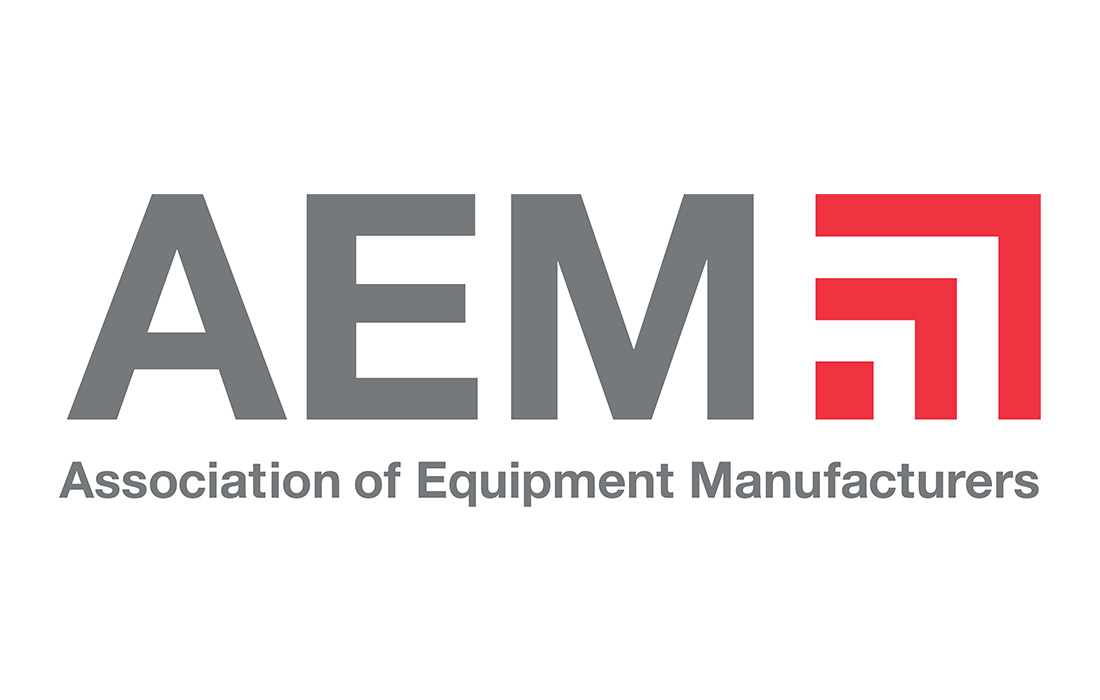On Nov. 24, 2023, The U.S. Environmental Protection Agency (EPA) published its long-anticipated proposed rule amending the existing Persistent, Bioaccumulative, and Toxic (PBT) chemical management regulation for Phenol, Isopropylated, Phosphate 3:1 (PIP 3:1) under the Toxic Substance Controls Act (TSCA).
The proposed modifications to the regulation seek to reduce human and environmental exposures to PIP 3:1 and address some of the stakeholder concerns associated with the original PBT rulemaking published in January of 2021. Some of the proposed changes are as follows:
- New personal protective equipment (PPE) requirements for workers handling PBT chemicals;
- Add new exclusions for use in wire harnesses and electric circuit boards;
- Replace the exclusion for new and replacement parts for motor vehicles with a 15-year phased-in prohibition for new parts and an additional 15 years for replacement parts;
- Replace the exclusion for new and replacement parts for aerospace vehicles with a 30-year phased-in prohibition for new parts and until the end of the service life of the vehicle for replacement parts;
- Modify existing recordkeeping requirements and require records associated with the workplace protection requirements.
Background
PIP (3:1) is plasticizer, flame retardant, and anti-wear additive, widely adopted throughout the non-road equipment sector for use in their electronic components, safety systems, and hydraulic fluids. This substance is valued for its capacity to prevent the breakdown of parts and components under extreme conditions. While the functionality of this material provides several crucial characteristics needed to ensure compliance with current safety, emissions, and fire prevention regulations, PIP (3:1) is also considered a priority Persistent, Bioaccumulative and Toxic (PBT) chemical by the EPA.
In response to the PBT concerns associated with PIP 3:1, on Jan. 6, 2021, the EPA published its original PBT rule; Phenol, Isopropylated Phosphate (3:1) (PIP 3:1); Regulation of Persistent, Bioaccumulative, and Toxic Chemicals Under TSCA Section 6(h), establishing the following requirements:
- The prohibition of all manufacturing, processing, and distribution of PIP (3:1) in the United States by March 8, 2021,
- Requiring all manufacturers, processors, and distributors of PIP (3:1), or articles containing PIP (3:1), to maintain records related to the presence of the substance in the facilities and products,
- Requiring all manufacturers, processors, and distributors of PIP (3:1), or articles containing PIP (3:1), to notify downstream users of PIP (3:1) related hazards found in their products, and
- The exemption of all new or replacement parts for the automotive and aerospace industry from these provisions
In response to the EPA’s Jan.6 rulemaking, AEM engaged with EPA over the following year on multiple rulemaking and comment opportunities to provide the non-road equipment industry’s expertise, position, and obstacles regarding the provisions in the original Final Rule. As a result of this effort, AEM helped secure an extension of the compliance date, as well as a more favorable interpretation of the existing exemption language, including much of the off-road equipment industry, in their March 8, 2022 Final Rule.
Despite receiving an exemption for a large portion of the off-road equipment industry, EPA indicated that they would revisit the provisions found in the January 6th PBT rulemaking, along with several of the listed exemptions, in the later half of 2023. The Nov. 24 announcement represents the EPA’s next step in this long running process.
Next Steps
EPA is encouraging industry stakeholders to comment on the proposed rule, with a comment deadline of Jan.8, 2024. The AEM Safety & Product Leadership Department intends to comment on this rule, as well as continue their efforts to communicate, engage and educate other stakeholders regarding this specific policy realm. This includes, our members, sister trade associations, end users, suppliers and of course, governmental decisionmakers. Through continued cooperation and engagement, AEM can voice the industry’s position and help build more effective public policy.
Those who want to learn more about EPA’s recent rule, or other chemical management rulemaking activity, are encouraged to reach out to AEM’s Substance Compliance Council or contact AEM’s Senior Director of Safety & Product Leadership, Jason Malcore at jmalcore@aem.org.
For more AEM news and updates, subscribe to the AEM Industry Advisor.





